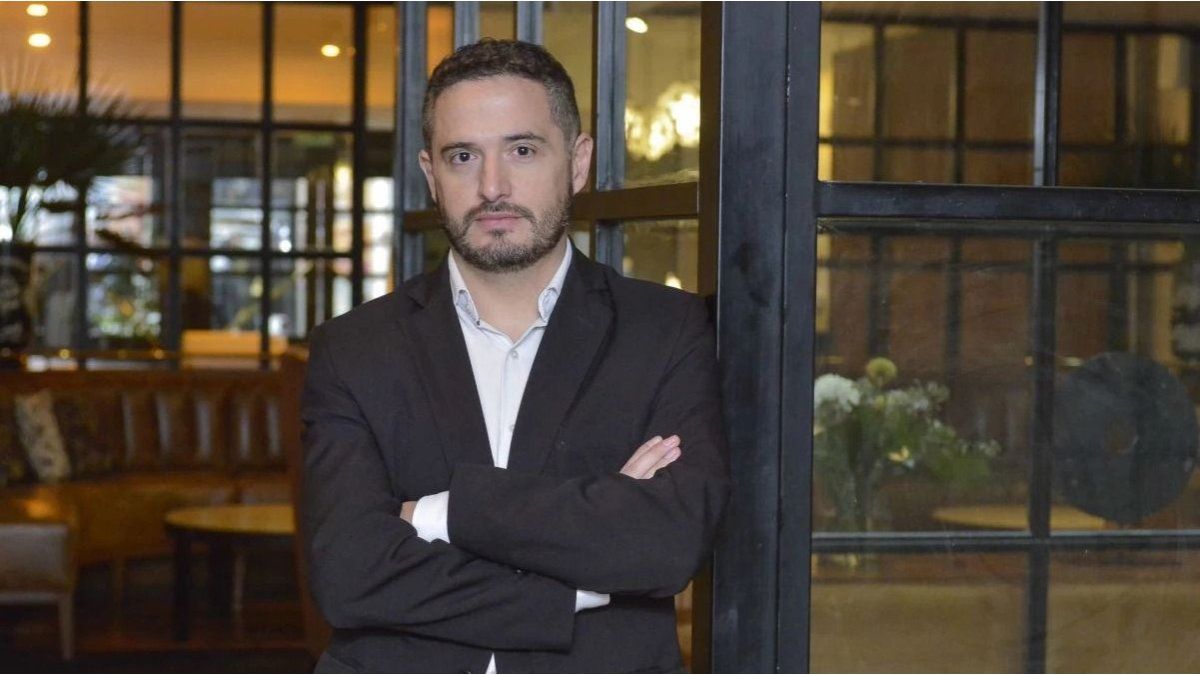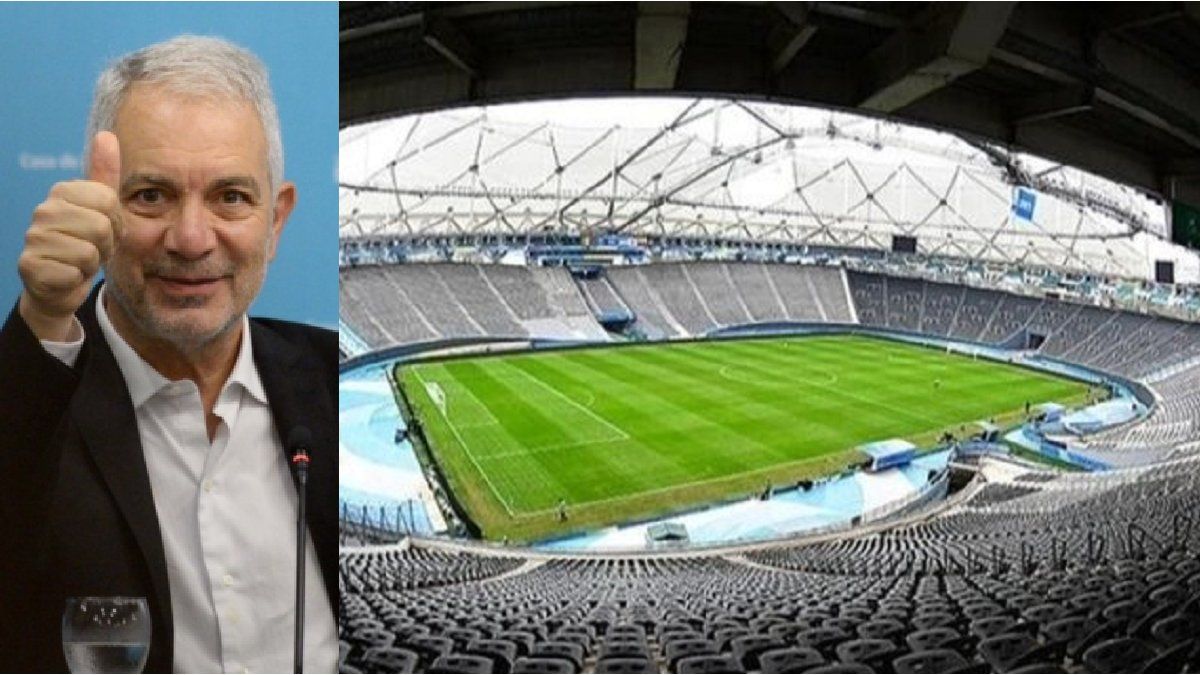The economist Ramiro Castiñeirawho currently works as a presidential advisor to Javier Mileispoke this Saturday about the current economic situation in the country and pointed out one of the issues that resonates most with both the Government and the rest of Argentines: the exit of the exchange rate.
In radio statements, Castiñeira stated: “The stocks exist because there was a fiscal deficit. When you already balance the public accounts, the stocks no longer make sense. Why? Because The fiscal deficit forced us to issue a lot of pesos and those pesos went to seek the reserves of the Central Bank“.
Milei at the Polo Open ESPN.mp4
Javier Milei expressed confidence in being able to get out of the trap next year.
ESPN
Given this situation, the economist He stated that negotiations are not necessary to achieve this goal: “To get out of the trap you first have to balance the peso market, You don’t have to worry about the number of reservations, which unfortunately remained at zero after populism squandered US$75 billion.”
“If they are now looking to reinforce the reserves with something from the IMF, I don’t have the information. What I can tell you is that To get out of the stocks an agreement with the IMF is not necessary. It is going to happen, regardless of the negotiation that is carried out with the IMF. The exit from the stocks will be natural. Without an agreement with the IMF the gap has already gone to zero. They will soon remove the stocks and there will be no devaluation behind because work was done along the way that was precisely to balance public accounts,” he added.
On the other hand, he stressed that “there is still a quarter or a semester left to finish purifying the entire inflationary process in Argentina. Have no doubt that 3% inflation is going to be anecdotal“, and completed: “Argentina is going to much lower inflation numbersclose to 1% in 2025. In that context you will now be able to remove the stocks without any devaluation risk. “All Argentines are seeing that the process of slowing inflation and prudence in the management of public accounts finally allows them to rebuild the salary, the income that had been destroyed by the inflationary process left by the outgoing government.”
Javier Milei’s government formally requested a new agreement with the IMF
“The authorities have formally expressed their interest in moving to a new program and negotiations are underway,” he announced. this thursday Julie Kozack, spokesperson of the multilateral organization, before a consultation of Scopewithin the framework of a press conference held in Washington. He then clarified that “the current SAF Extended Facilities (program) will expire at the end of this year.”
Regarding the two current reviews, the official explained that “It is not unusual for authorities to let an existing agreement expire without completing all reviews while they are considering moving to a new IMF-backed program.”
As has been happening lately, the Fund once again celebrated the policies carried out by the administration of President Javier Milei. The spokesperson assured that ““Argentine authorities have continued to implement their economic stabilization program, and have achieved impressive results.”
He explained that these results “include a considerable reduction in inflation, fiscal surplus and an improvement in the coverage of international reserves.”
He also highlighted both the recovery of economic activity and the purchasing power of salaries, ““The recovery of activity and real wages is now firmly underway, and growth turned positive in the third quarter of this year,” asserted
Kozack confirmed that the technical teams of the multilateral organization continue working “constructively with the Argentine authorities to build on the progress made so far and address remaining challenges.”
When asked about the fact that Argentina does not have the 2025 Budget approved by Congress, for Kozack this is not a problem and he stressed that the Government continues “implementing its fiscal program with determination and effectiveness. And recent data through the end of November suggests that they now have a primary surplus of around 2% of GDP,” he stressed.
As usual, when a new agreement is being negotiated, he did not provide any details regarding the new agreement since they are “part of the discussions that are ongoing.
Source: Ambito




